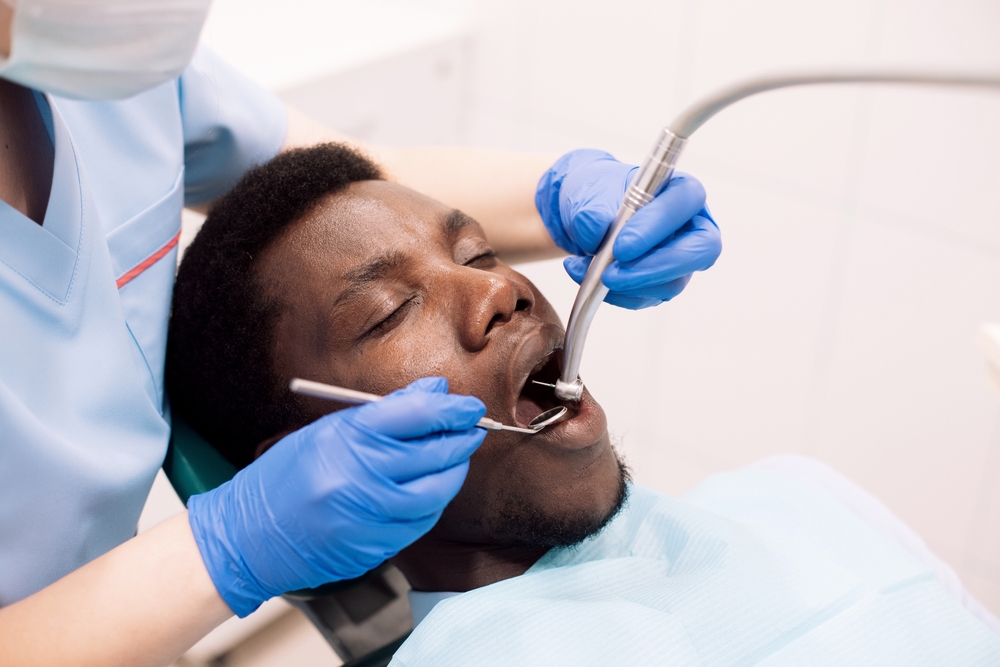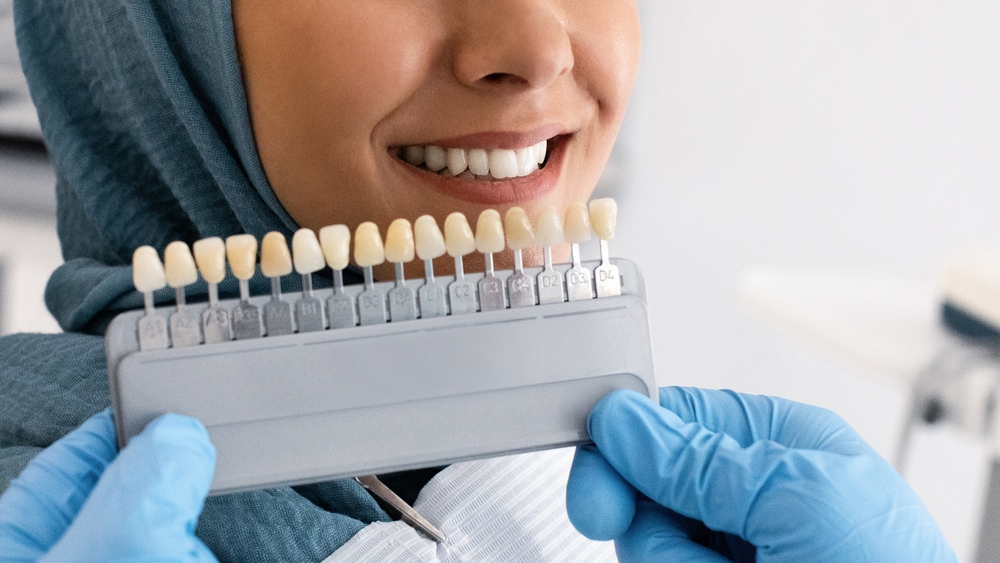Information Library
Start Reading

Do you have a cracked or chipped tooth and wonder if a dentist can fix it? Good news: the answer is yes.

At Penn Dental Medicine in Philadelphia, prosthodontists handle restoration and tooth-repair issues, fixing broken, chipped, and missing teeth with state-of-the-art dental technologies and expert techniques. Having completed three extra years of training after dental school, the prosthodontist is one of the most highly trained and qualified dental specialists in the field.
With a prosthodontist, your chipped or broken tooth is in excellent hands. So don’t wait until it goes from bad to worse before you get the help you need.
Sometimes, you may not notice that you have a cracked or chipped tooth until it starts hurting. By this time, you may face more intensive repair procedures or, unfortunately, need to extract it. You may also suffer from an infection in your tooth’s pulp that could spread to the gums and bones. Therefore, it’s important to address a chipped tooth as soon as you realize what’s happened because waiting could lead to further damage and health issues.
When you come to Penn Dental Medicine for an examination, your prosthodontist will determine the most appropriate treatment option and explain what the procedure entails, which may include:

1. Dental Bonding/Composite Filling
If your front teeth need to be repaired due to minor chipping, your dentist will likely use a simple bonding procedure. To prepare the tooth, the dentist will etch its surface with a liquid or gel to rough out the area so that an adhesive material can be applied, followed by a tooth-colored resin. Once the bonding material is shaped, the dentist will use ultraviolet light to harden the material.
2. Dental Crown
A dental crown is needed when a large piece of tooth breaks off or when the tooth has decayed. If decay is present, the dentist may file away part of the tooth and cover it with a crown that will protect it and conserve its natural appearance. The dentist will take an impression of the tooth, which is sent to a laboratory for use in fabricating a permanent crown. The dentist will then place a temporary crown to protect the tooth until the permanent one is ready.
A permanent crown can be made of porcelain, metal, resin, ceramic, or a combination of porcelain and metal. All-metal crowns are the strongest, while porcelain and resin crowns have the advantage of looking almost identical to the original tooth. A crown that is properly maintained can last for many years.
3. Veneers
Veneers are made of a durable material that is placed over the teeth like a cover (they do not wrap around the entire tooth). People choose to get veneers for cosmetic as well as restorative purposes because they give your teeth a perfectly symmetrical, white shape. To prepare the teeth, the dentist must remove 0.3–1.2 millimeters of enamel from the surface. Then, an impression of the tooth is made so that the veneer can be custom-made in a dental laboratory. Once it’s ready, the veneers will be secured to the teeth using a procedure similar to bonding. You can expect your veneers to last 10-15 years with proper care.

Make Penn Dental Medicine your first stop for emergency dental services if your teeth are injured. The damage can be treated immediately, saving you from further discomfort and infection risk while fixing your smile.
If you live in the Philadelphia area and wonder how to fix a chipped tooth, an expert prosthodontist at Penn Dental Medicines is your answer. To make an appointment with a tooth-repair professional, call our office at 215-898-8965.
Then, download our free ebook, The Affordability of Truly Comprehensive Dental Care, to learn more about our patient-centered dental-care philosophy.